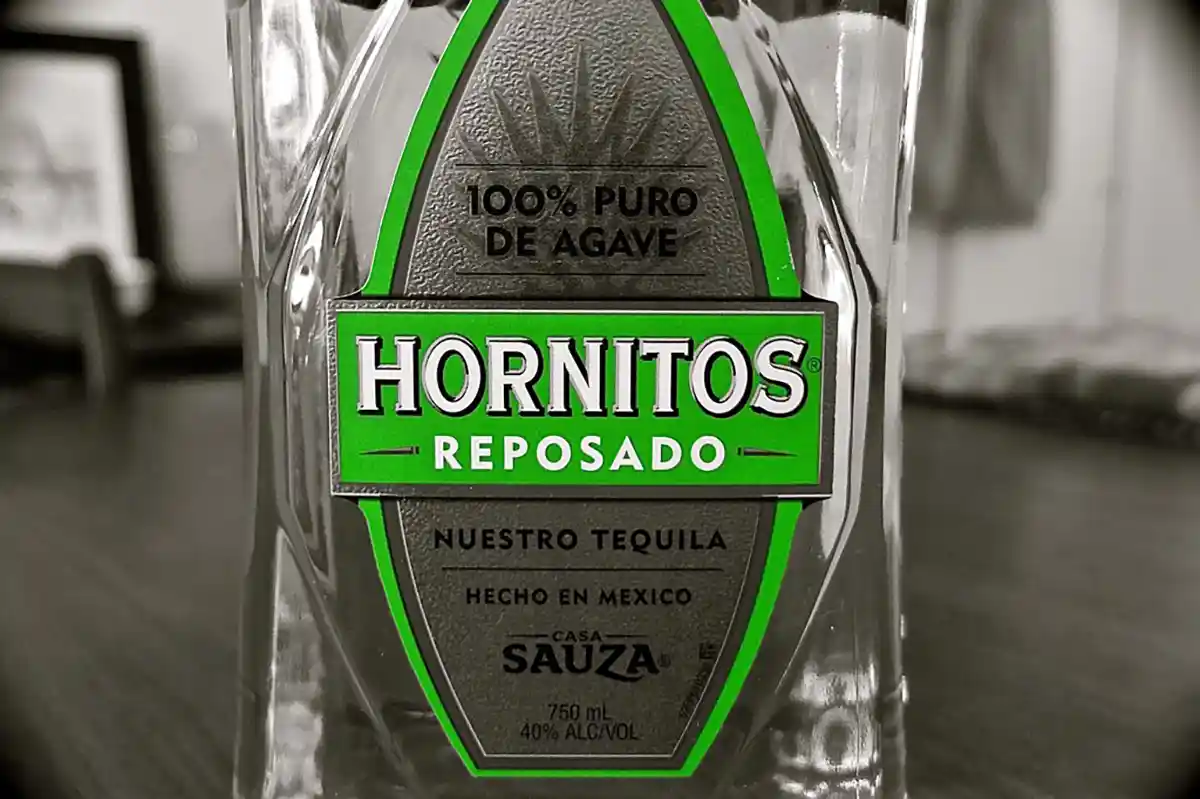Have you ever savored the bold and smooth taste of Hornitos Tequila? If not, it’s about time you indulged your senses in this premium delight. As we journey through the unique flavor profiles of this exquisite spirit, we’ll reveal why Hornitos Tequila is a must-have addition to any liquor cabinet.
A Brief History of Hornitos Tequila
Understanding the magic behind Hornitos Tequila‘s bold taste starts with a glimpse into its history. Born in the heart of Jalisco, Mexico, Hornitos has been crafting top-shelf tequila since 1950. Its name, meaning ‘little ovens,’ pays tribute to the traditional process of slow roasting agave in small brick ovens, infusing each drop with unparalleled richness and complexity.
The Vision and Legacy
The founders of Hornitos were visionaries, aiming to revolutionize the tequila industry. They were among the first to implement the now-famous Reposado style, an aging process that imparts a smoother, more refined flavor. Their legacy continues to influence Hornitos’ production methods, ensuring each bottle encapsulates their bold, pioneering spirit.
The Hornitos Tequila Production Process
Producing Hornitos Tequila is an art, combining time-honored tradition with innovative techniques. Let’s break down this process, revealing the secrets behind Hornitos’ smooth and bold taste.
Selection of the Finest Blue Agave
The journey of Hornitos begins with the meticulous selection of the finest Blue Weber Agave. Grown in the rich volcanic soils of Jalisco, these plants are harvested at their peak, ensuring the highest sugar concentration for a robust, full-bodied flavor.
Roasting and Extraction
The harvested agave is then slow-roasted in traditional brick ovens. This slow roasting process is a key step, as it allows for the rich, sweet flavors of the agave to fully develop. The cooked agave is then crushed to extract the sweet agave juice, the foundation of all tequila.
Fermentation and Distillation
The sweet agave juice is fermented, transforming the sugars into alcohol. It’s then distilled, not once, but twice, to ensure a clean, crisp tequila. The resulting spirit is bold and vibrant, ready to be aged to perfection.
The Hornitos Tequila Range
Hornitos offers a range of tequilas, each with its unique taste profile. Let’s dive into these flavor profiles and discover what makes each variant special.
Hornitos Plata
Hornitos Plata is a clear, unaged tequila, offering a raw, unadulterated taste of the agave. Its crisp, clean flavor carries hints of citrus and floral notes, making it a versatile choice for cocktails.
Hornitos Reposado
Aged for several months in oak barrels, Hornitos Reposado presents a perfect balance of agave and wood flavors. It’s smoother and slightly sweeter than the Plata, with subtle hints of vanilla and caramel.
Hornitos Anejo
Hornitos Anejo is aged for at least a year, resulting in a darker, richer tequila. It exhibits complex flavors of oak, chocolate, and dried fruits, offering a truly bold and smooth tasting experience.
Conclusion
There you have it – a journey through the bold and smooth taste of Hornitos Tequila. From its deep roots in traditional tequila-making processes to its innovative aging techniques, Hornitos offers an unforgettable sensory experience. So why not grab a bottle, and discover the Hornitos difference for yourself?
FAQs
- What does Hornitos Tequila taste like?
Hornitos Tequila offers a bold, smooth taste with flavors ranging from sweet agave to subtle notes of vanilla, caramel, and oak, depending on the variant.
Is Hornitos Tequila good for cocktails?
- Absolutely! Its crisp, clean flavor makes it a versatile choice for various cocktails.
Where is Hornitos Tequila made?
- Hornitos Tequila is made in Jalisco, Mexico, known for producing some of the world’s finest tequilas.
What does “Hornitos” mean?
- “Hornitos” translates to “little ovens,” a tribute to the traditional process of slow roasting agave in small brick ovens.
What types of Hornitos Tequila are available?
- Hornitos offers a range of tequilas including Plata (unaged), Reposado (aged for several months), and Anejo (aged for at least a year).









